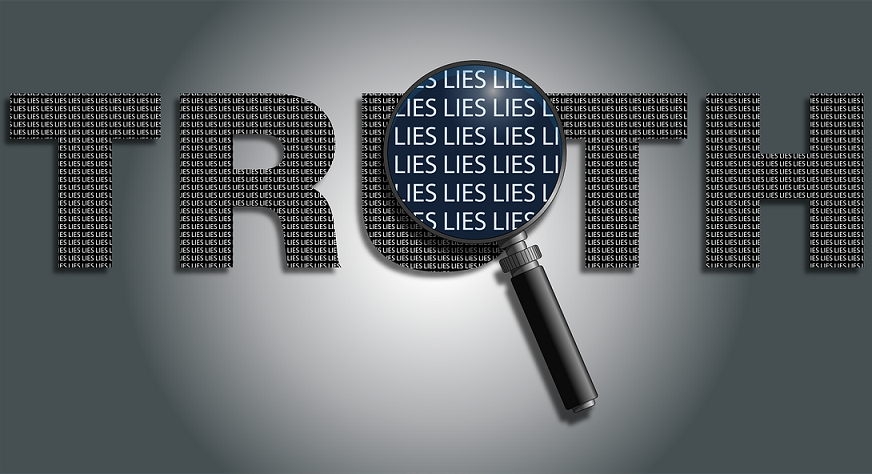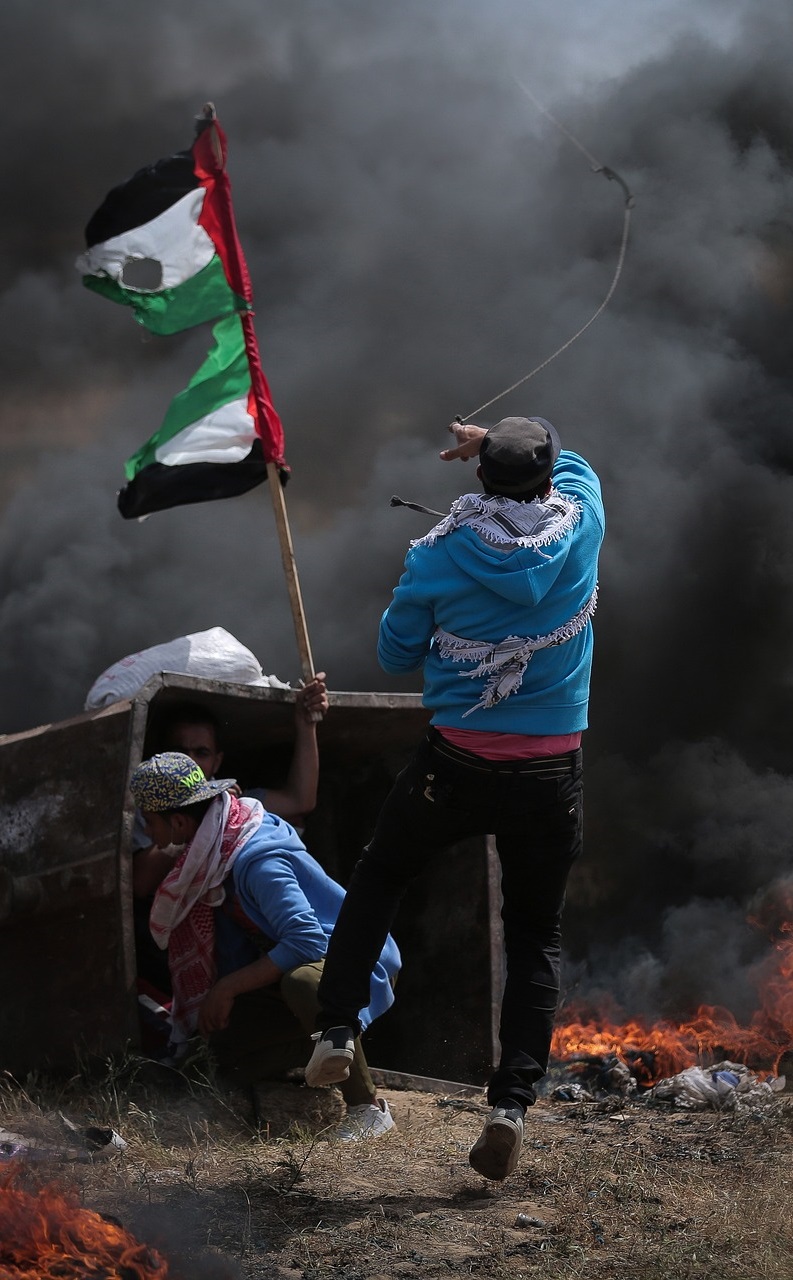The reporting of the number of casualties and the impact of the conflict are part of the ongoing war in the Gaza Strip, which is already as dramatic as it is global.
 Sergio Ferrari
Sergio Ferrari
US President Joe Biden himself intervened in the controversy over the veracity of the data on the dead and wounded. The information warfare inherent to this conflict has already set in, and without journalists on the ground, truthful sources and the dissemination of objective information are vanishing.
On the last Monday of October, the United Nations reported that “as much-needed aid begins to reach Gaza, the war over factual information intensifies as social media feeds contradictory narratives about the situation”.
UN News said that “in the aftermath of the 7 October Hamas attacks on Israel, damaging misinformation continues to circulate about the ongoing conflict, which could have dangerous consequences on the ground”. He stressed the need for genuinely truthful information: “While disinformation can result from the accidental dissemination of falsehoods, it can also result from intentional dissemination by state actors. In the case of armed conflict, for example, to influence public opinion or policy, it can affect all areas of development, from peace and security to humanitarian aid.
 With the eyes of the world on the Rafah border crossing in Egypt, images of convoys that were finally able to enter Gaza loaded with humanitarian aid flooded social media from 22 October onwards.
With the eyes of the world on the Rafah border crossing in Egypt, images of convoys that were finally able to enter Gaza loaded with humanitarian aid flooded social media from 22 October onwards.
At the same time, according to UN News, misinformation multiplied about what the trucks contained and how the aid was reaching its destination, a besieged enclave of 363 square kilometres where two million 300 thousand people live, of whom one million 400 thousand are displaced by the hostilities. The UN itself provided examples of lies that have been circulated as truthful information. Among others, that it and some of its subsidiary organisations in the region, such as the United Nations Relief and Works Agency for Palestine Refugees in the Near East (UNRWA), “were selling sacks of wheat at exorbitant prices in Gaza”.
Nothing could be further from the truth, as UNRWA continues to provide bread to displaced people in their shelters and has distributed free wheat flour to boost production in some 16 bakeries. UNRWA has supported Palestine refugees since 1950 and remains the main UN humanitarian agency in Gaza.
 For its part, the World Food Programme (WFP) secured free flour for 23 other bakeries in the conflict zone.
For its part, the World Food Programme (WFP) secured free flour for 23 other bakeries in the conflict zone.
The fog of war is driving the spread of hate and lies on the internet, leading to dangerous mistakes with real consequences in real time,” said Melissa Fleming, UN Under-Secretary-General for Global Communications.
To counter misinformation and promote what the UN calls “information integrity”, UN agencies are stepping in to provide accurate facts and correct damaging misinformation by engaging directly with the media and reporting on their digital platforms about what is happening. PL
(Translated by Cristina Popa – Email: gcpopa83@gmail.com) – Photos: Pixabay












.jpg)












